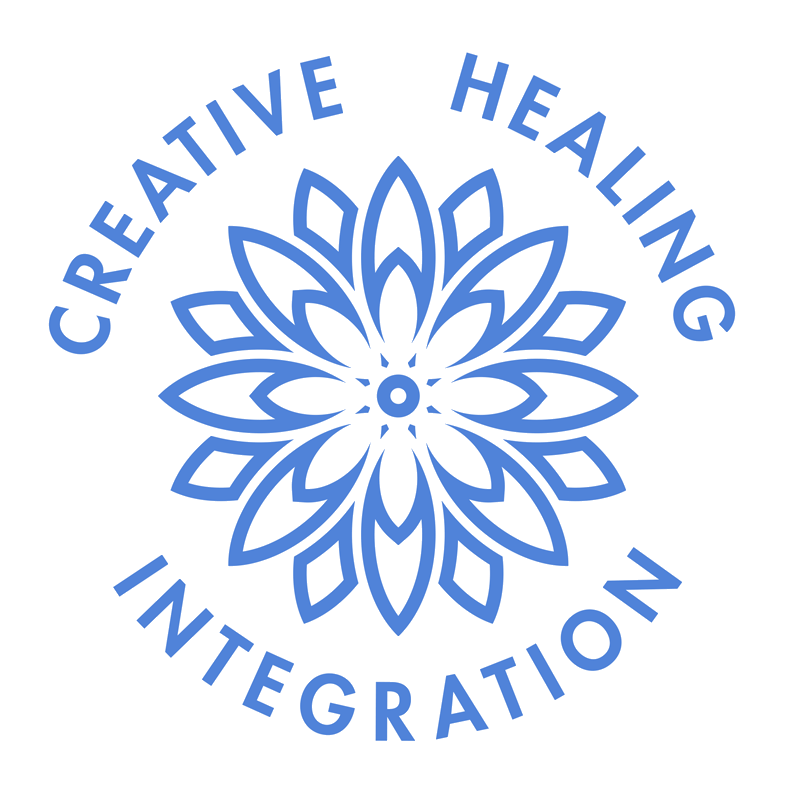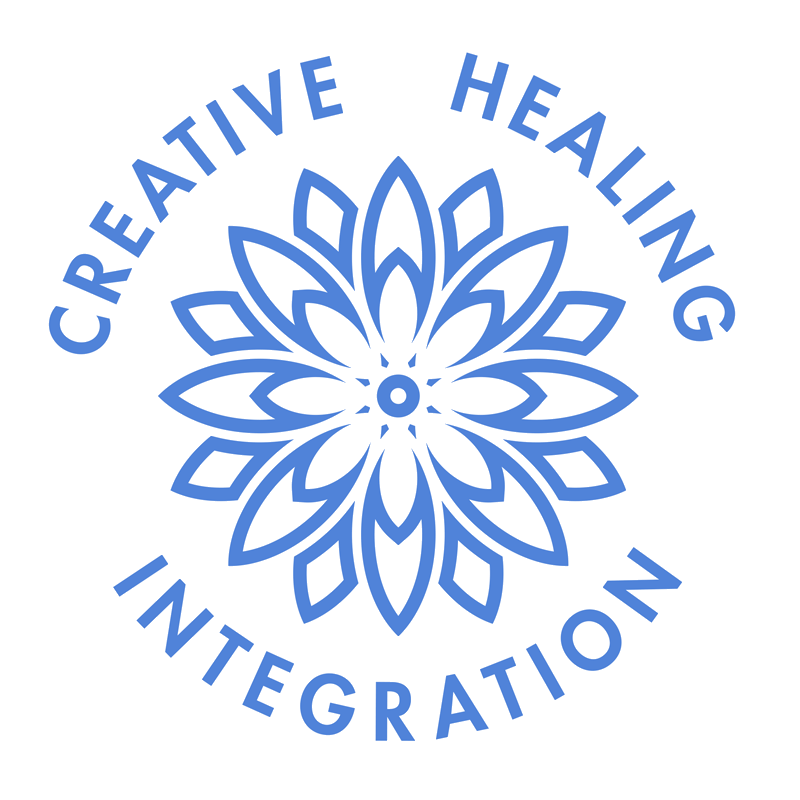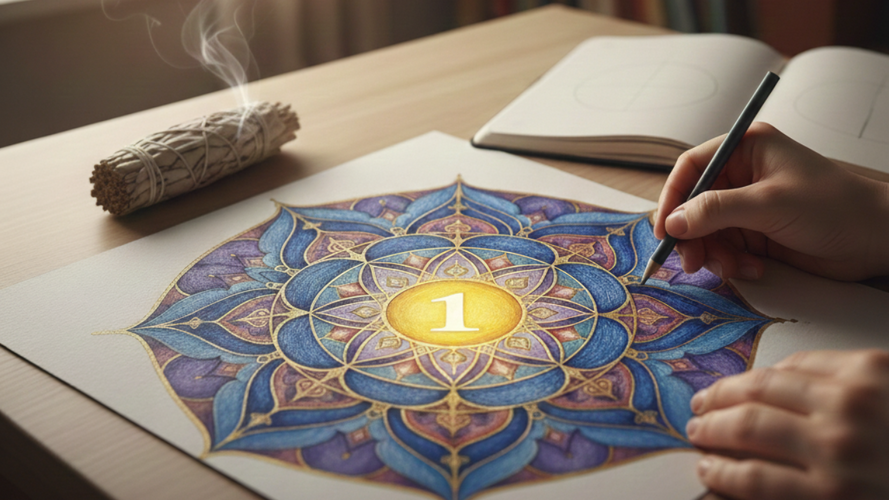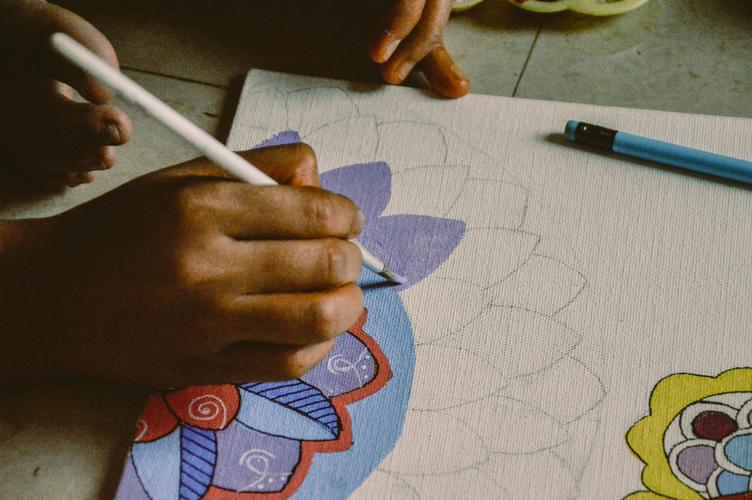Blog
The Mother Wound
February. The Shape Before the Shape
January: The Power of One
A Soft Return to Wholeness
What Italy Taught Me About Trusting the Unplanned
The Circle Within: Exploring Mandalas
Lately, I’ve been sitting with the wisdom of circles. They are everywhere, the sun rising and setting, the rings inside a tree, the iris of an eye. A circle carries no start and no finish, only a wholeness that quietly holds everything. When I spend time with this truth, I feel both comforted and reminded of my place in something larger.
Mandalas have been one of my most trusted ways back to myself and that truth. They remind me that healing doesn’t move in a straight line. It’s more like a spira…
The Mother Wound Test
A Mother Wound is a cluster of symptoms that include:
Being unsure of your choices.
Finding fault in what you do, say, or think.
Being critical of others, especially the ones closest to you.
Not knowing how to communicate directly or effectively.
The first step in understanding the Mother Wound is determining whether you have one. After that, you can delve deeper into the various types of Wounds, how they form, and why they form, among other aspects.
That’s why it is best to begin with a Mother Wound …
The Mother Wound
Did you know that 32% of adults in the US struggle to form healthy relationships? and at least 25% of children face abuse or neglect. When we are treated poorly, we learn to treat ourselves and others poorly, which manifests into a Mother Wound. In this article, I’m going to help you understand if you have a Mother Wound, how it occurs, who experiences it, what it looks like, and how to overcome it.
This post contains affiliate links including Amazon affiliate links.
What is a Mother Wound?
A Moth…
I DID NOTHING WRONG!
Does your mother need to admit she hurt you before you can heal?
A mother who wants your undivided attention when she speaks to you but silences you when you tell her how your feelings were hurt at school.
A mother who swoons over her neighbor’s daughter’s looks, personality, and popularity and insists you be friends with her so she can “rub off on you.”
A mother who wholeheartedly believes she has your best interest at heart.
Mothers who treat their children:
- Like an object with no feelings: Mak…
From Self-Doubt to Self-Worth: Setting Goals in the New Year When You’ve Had a Critical Mother
For many, the New Year feels like a blank slate—a chance to dream big and start fresh. But if you grew up with a critical mother, setting goals can feel less like inspiration and more like something you must quickly run to your room and hide so you won’t get hurt.
How dare I? What if I fail? Am I worth it? Is this mine to receive?
If you experienced a lot of criticism, judgment, or emotional disconnection during your childhood, you might have internalized messages of inadequacy that still echo…











